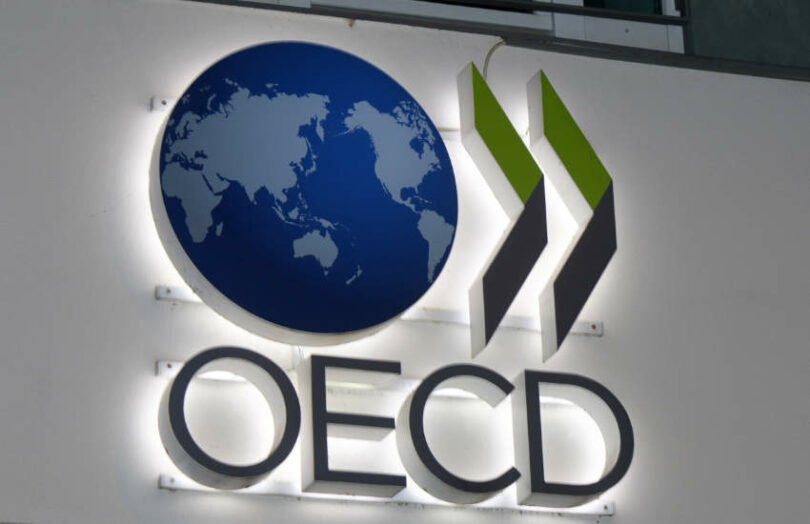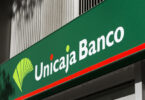Today the Organisation for Economic Co-operation and Development (OECD) published a report on the lessons to be learned from the crypto winter. The report highlighted many well-known issues such as concentration risk, leverage, interconnectedness, and opacity in the cryptocurrency sector. However, it also draws attention to some key areas that haven’t received sufficient attention.
DeFi lending works but accelerates crashes
For example, it acknowledges that DeFi lending protocols operated far better than their centralized counterparts. However, it believes that the automated liquidation of collateral exacerbates market movements and hence contributes to crashes. “Further analysis needs to be undertaken to test the effect that liquidations have had on market volatility,” says the report.
Staking and composability can be risky
While novel and interesting, financial innovations such as staking contribute to volatility and risk in the crypto-asset sector. The issue with staking is people lock up assets for extended periods of time. This can create maturity mismatches and liquidity risks.
One example was failed crypto lender Celsius had pledged $400m stETH (staked ETH) on the Aave DeFi lending protocol. Because of delays in the Ethereum Merge, people wanted to sell stETH to get back ETH. As a result, Celsius users withdrew ETH forcing the lending platform to sell stETH at a loss to meet the ETH demand. This in turn, pushed down the price of stETH further.
Tether is involved in circular loans
Another lesson from Celsius is the widely publicized loan it received from Tether over collateralized by Bitcoin assets. “This is effectively a circular transaction, whereby Tether issues USDT on the basis of collateral securing USDT loans to other entities. This amounts to the issuance of USDT through the unregulated expansion of credit.” Unpacking that statement, it’s pointing out that the Bitcoin collateral was provided by people who borrowed Tether from Celsius, and Celsius was then getting more Tether using their collateral.
The OECD believes that future crashes might result in financial stability issues if there is greater interconnectedness with mainstream finance.
Much of the report focuses on risks and the need for regulation. But it concludes on a positive note for DeFi. “Traditional financial market participants may adopt decentralised finance technologies and practices (e.g., atomic settlement of securities or post-trade/clearing disintermediation) to capture potential efficiencies and productivity gains in financial market infrastructure.”







